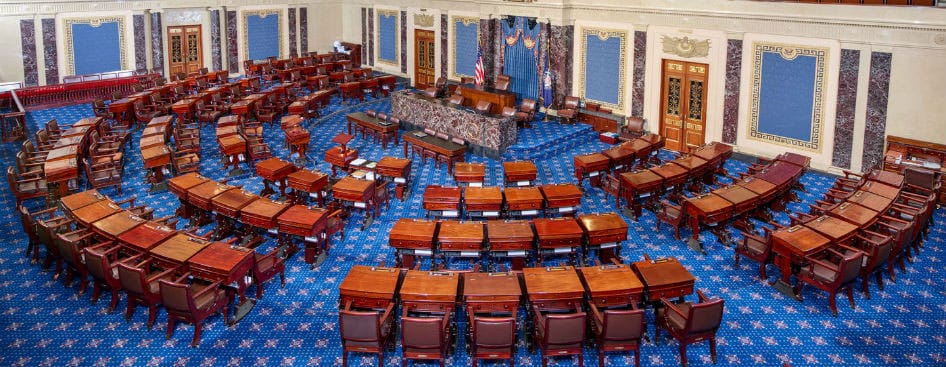In recent years, organizations and institutions have emphasized the importance of DEI—Diversity, Equity, and Inclusion—as a foundational principle for hiring, leadership, and policy-making. DEI is rooted in the belief that diverse perspectives enhance decision-making, equity ensures fairness and opportunity, and inclusion fosters environments where all voices are valued. However, a contrasting and troubling new standard has emerged: TUL—Totally Unqualified Loyalist. This approach prioritizes blind allegiance over competence, dismantling the progress DEI has made and leading to disastrous consequences.
The Value of DEI
DEI initiatives aim to level the playing field, ensuring that talent and opportunity are distributed based on merit while recognizing and addressing systemic barriers.
- Diversity brings a variety of perspectives that enhance innovation, problem-solving, and adaptability.
- Equity ensures that resources and opportunities are accessible to everyone, accounting for historical disadvantages.
- Inclusion fosters a sense of belonging and empowerment, making workplaces and institutions more effective and cohesive.
The impact of DEI has been profound. Studies consistently show that diverse teams outperform homogenous ones, leading to higher profitability, improved decision-making, and better representation of communities and stakeholders. DEI ensures that leadership reflects the populations they serve, resulting in policies and practices that are more just and effective.
The Rise of TUL
The emergence of TUL—Totally Unqualified Loyalist—represents a dangerous shift. This approach prioritizes unwavering loyalty over expertise, filling critical positions with individuals who lack the necessary experience, skills, or ethical grounding. TUL erodes institutions in several key ways:
- Competency Decline: When loyalty is valued over qualifications, decision-making suffers. Poorly equipped leaders make uninformed choices, leading to inefficiency, corruption, and failure.
- Erosion of Accountability: TUL fosters an environment where incompetence is excused as long as individuals remain loyal to those in power, reducing oversight and ethical standards.
- Suppression of Dissent: DEI encourages diverse viewpoints, leading to stronger solutions. TUL, however, punishes independent thought, stifling innovation and progress.
The Trump Administration and the Rise of TUL
The rise of TUL is closely associated with former President Donald Trump’s tenure. His administration was marked by the appointment of individuals who were often selected for their loyalty rather than their qualifications. For instance, appointments like Pete Hegseth as Secretary of Defense were criticized due to concerns about his qualifications for such a critical role. citeturn0search0
Furthermore, the administration’s approach to diversity and inclusion was contentious. Actions such as rolling back DEI programs and promoting “merit-based” opportunities were perceived as undermining efforts to address systemic racism and promote equity. citeturn0news19
The Consequences of Abandoning DEI for TUL
When DEI is sidelined in favor of TUL, the results are predictable and damaging:
- Organizations falter due to poor leadership decisions.
- Public trust erodes as institutions become riddled with nepotism and inefficiency.
- Economic consequences emerge, as industries and economies stagnate without the fresh perspectives DEI brings.
The shift from DEI to TUL is not just a workplace issue—it is a societal crisis. The battle between these two approaches will determine whether institutions remain dynamic, forward-thinking, and effective, or whether they succumb to mediocrity and mismanagement. To preserve progress and ensure long-term success, it is imperative that DEI remains the standard, rejecting the corrosive influence of TUL before it takes irreversible root.




